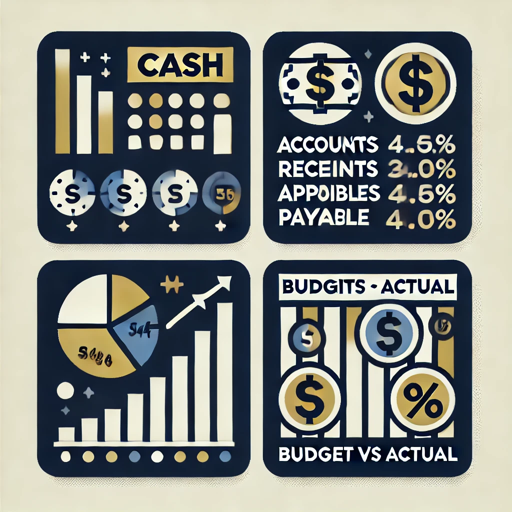The CFO Mindset: Smarter Money Moves for Growing Businesses
- sfbayfinancial
- Sep 11, 2025
- 3 min read

Running a business in the Bay Area isn’t for the faint of heart. Between rising costs, complex compliance requirements, and the rollercoaster of cash flow, most small business owners find themselves working in the business more than on the business. That’s where adopting a CFO mindset can make all the difference.
You don’t need a full-time Chief Financial Officer on payroll to think like one. You just need to shift your perspective from day-to-day survival to long-term financial strategy. Here’s what that looks like—and why it’s essential for small businesses that want to thrive, not just survive.
1. Think Beyond Bookkeeping: See the Whole Financial Picture
Most small businesses focus on bookkeeping as a compliance task—making sure the numbers are accurate and taxes get filed. That’s important, but it’s only the foundation. A CFO mindset takes those same numbers and asks:
What do these financials tell us about our business health?
Where are the opportunities for growth?
What risks do we need to anticipate?
Instead of just looking backward, CFOs use financial reporting as a forward-looking tool. For example, instead of asking, “Did we make money last month?” a CFO asks, “Based on current trends, will we have enough working capital to hire next quarter?”
Takeaway: Don’t stop at balanced books—use them to make smarter business decisions.
2. Cash Flow Is King (Not Just Revenue)
Many business owners get excited when sales are up—but seasoned CFOs know that revenue doesn’t keep the lights on, cash flow does. If invoices are slow to come in or expenses creep up, even a profitable company can suddenly find itself scrambling for liquidity.
A CFO mindset means consistently monitoring cash flow analysis, spotting gaps before they become crises, and creating strategies to smooth out the bumps. That could mean tightening payment terms, renegotiating vendor contracts, or leveraging short-term financing.
Takeaway: Adopt a cash-first mentality. Always know how much money is coming in, going out, and when.
3. Forecasting: Planning for Growth Instead of Reacting to Problems
Think of forecasting as your financial GPS. Without it, you’re just driving blind. Small businesses often skip forecasting because it feels like a “big company” activity, but in reality, it’s even more critical when you’re small and resources are tight.
A CFO mindset pushes you to build financial forecasts—projecting revenue, expenses, and cash needs for the next 6–12 months. This helps you make proactive decisions, like whether you can afford to hire, expand, or invest in new technology.
Takeaway: Even a simple 3–6 month forecast can save you from expensive surprises.
4. Manage Risk Like a CFO
CFOs are always asking “What could go wrong?” That might sound pessimistic, but in business, it’s just smart. Whether it’s compliance fines, tax penalties, or sudden market downturns, risk management is part of financial leadership.
For small businesses, this might mean:
Keeping up with changing payroll laws.
Making sure you’re audit-ready year-round.
Having a cushion of working capital for unexpected expenses.
Takeaway: Don’t just plan for success—plan for setbacks, too.
5. Know When to Ask for Help
Even with the best intentions, many small business owners simply don’t have the time (or desire) to dig into financial modeling, compliance updates, or detailed reporting. And that’s okay. Part of a CFO mindset is recognizing when you need outside expertise.
Outsourced bookkeeping, controller services, and financial advisory support can give you the insights of a CFO without the six-figure salary line item. It’s about working smarter, not harder, and getting access to the right tools and advice at the right time.
Takeaway: You don’t have to do it alone—outsourced CFO-level support can be a game-changer.
The Bottom Line
A CFO mindset isn’t about titles or headcount—it’s about perspective. By moving from reactive to proactive financial management, small business owners can:
Turn bookkeeping into a decision-making tool.
Focus on cash flow instead of just revenue.
Use forecasting to steer growth.
Anticipate risks before they happen.
Leverage outside expertise when needed.
Whether you’re a solo founder, a growing startup, or a seasoned business owner, thinking like a CFO helps you build a stronger, more resilient company.

.png)



Great advice on improving financial strategy and cash flow. Working with a Best Accountant Arnhem can help optimize forecasting, manage risks, and strengthen overall business performance effectively.